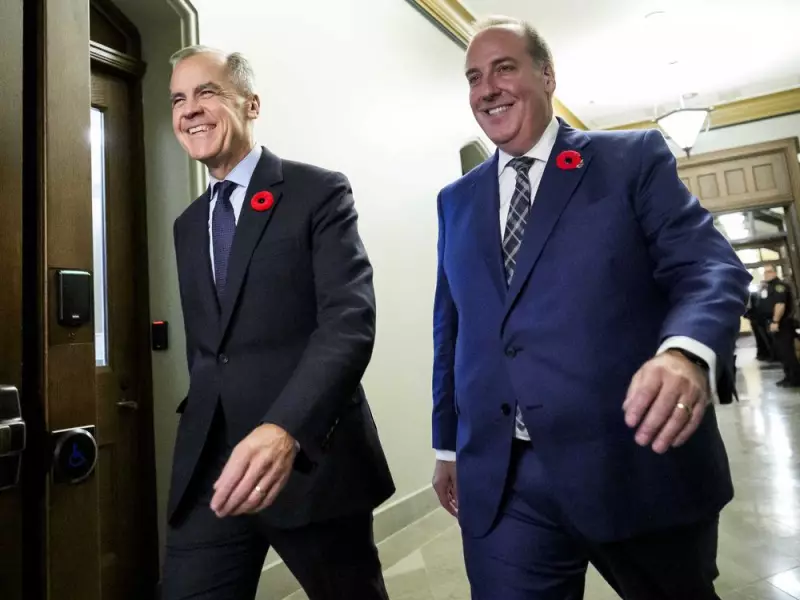
The recent defection of a Conservative MP to the governing Liberals has reignited a classic debate in Canadian democracy: is it acceptable for elected officials to switch parties without consulting their constituents?
A Modern Defection Sparks an Age-Old Debate
Last week, MP Chris d'Entremont crossed the floor from the Conservative caucus to join the Liberal government of Prime Minister Mark Carney. The Nova Scotia MP, who had been the only non-Liberal to win a seat in his province in 2019, stated he could no longer align himself with the direction of Conservative Leader Pierre Poilievre.
"In the last number of months, I wasn't feeling I was aligned with the ideals of what the leader of the Opposition had been talking about," d'Entremont told reporters. "It's time to lead a country to try and make it better and not try to knock it down."
His move was met with enthusiasm from Liberal MPs and accusations of betrayal from his former Conservative colleagues.
The Churchill Precedent: A Historical Perspective
The controversy surrounding floor-crossing is far from new. The practice has a notable historical precedent in one of democracy's most celebrated figures: Winston Churchill.
In 1904, Churchill famously defected from the British Conservative Party to the Liberals over disagreements about protectionist policies. He was widely condemned as a "traitor" and "rat" by his former party. Two decades later, he would cross back to the Conservatives, in what was cynically referred to as "re-ratting."
Despite the criticism he faced, Churchill's political career survived these transitions, eventually leading him to become the Prime Minister who helped save the world from Naziism.
The Ottawa Intrigue and Democratic Principles
D'Entremont's defection was not the only political drama unfolding in Ottawa. Rumours circulated that other Conservative MPs were considering similar moves, with Edmonton MP Matt Jeneroux reportedly among them.
The situation took a strange turn when Jeneroux abruptly resigned his seat, issuing a statement that insisted "there was no coercion involved in my decision to resign." The unusual wording raised questions about what pressures might have been applied behind the scenes to prevent further defections from the Conservative ranks.
This political intrigue raises fundamental questions about the nature of representation in Canada's parliamentary system. Statistics show that approximately 90% of voters cast their ballots based on party affiliation rather than the individual candidate. Many would struggle to identify their own MP in a crowd.
Given this reality, when an MP crosses the floor, they are fundamentally altering the political mandate they received from voters. The central question becomes: should politicians who change parties be required to seek a new mandate from their constituents through a by-election?
In this writer's view, the answer is yes. Floor-crossers should re-submit their candidacy to the people who elected them, allowing voters to decide whether they approve of the political realignment. In a healthy democracy, voters—not politicians—should remain the ultimate bosses.





